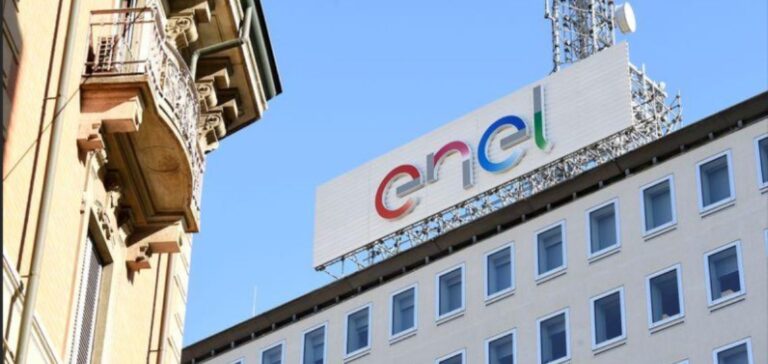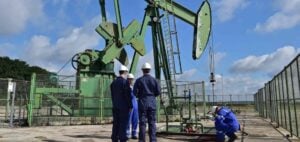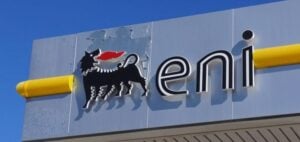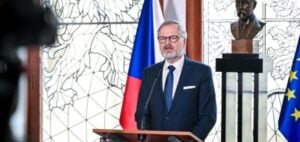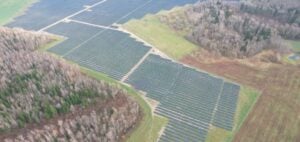Italian energy giant Enel saw its first-half net profit rise by 48.5% to 2.51 billion euros, despite a drop in sales due to lower prices, and confirmed its full-year targets.
Net profit up 52% despite lower sales: first results from Enel’s new CEO
Excluding exceptional items, the Group’s net profit came to 3.28 billion euros, up 52%, according to a Group press release issued on Wednesday. These are the first results presented by its new CEO Flavio Cattaneo, non-executive vice-president of private rail operator Italo-NTV, who took over in May from Francesco Starace, whose third term had expired. Enel’s sales fell by 28.2% to 47.05 billion euros, due to a “drop in selling prices” for electricity and gas on the markets, commented the group.
Ebitda up 18% and targets confirmed for 2023
Gross operating income (Ebitda), however, climbed 18% to 9.67 billion euros. Mr. Cattaneo confirmed the targets set for 2023 by his predecessor, namely Ebitda excluding exceptional items of between €20.4 and €21 billion, and net income excluding exceptional items of between €6.1 and €6.3 billion.
“In the first half of the year, Enel delivered a solid financial and operating performance,” he commented at a conference with analysts.
Another confirmed forecast is for the Group’s net debt to fall to between 51 and 52 billion euros by the end of 2023. In the meantime, however, it has risen to 62.16 billion euros, an increase of 3.5% compared to the end of 2022.
Enel plans €21 billion in asset disposals to reduce debt: agreement with Macquarie on the sale of a renewable energy subsidiary in Greece.
23.6% owned by the Italian state, Enel has planned asset disposals worth 21 billion euros as part of its 2023-2025 strategic plan to reduce its debt.
This program “is continuing and we are already at 50%” of the target, but “the Group is in no hurry to sell assets; we will only sell at the right price”, assured Mr. Cattaneo.
Shortly before the publication of its results, Enel announced that it had signed an agreement with the Australian investment fund Macquarie for the sale of 50% of its renewable energies subsidiary in Greece, for 345 million euros. The transaction, which values the entire Greek subsidiary at around 980 million euros, “should generate a positive effect” of around 345 million euros on net debt, Enel says.
The sale should also have a positive impact of around 390 million euros on the Group’s Ebitda in 2023. Under the leadership of Francesco Starace, Enel was one of the first energy groups to embrace sustainable development. Renewable energy now accounts for 59% of the total, compared with 29% thermal and 12% nuclear.

